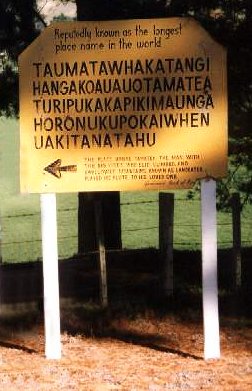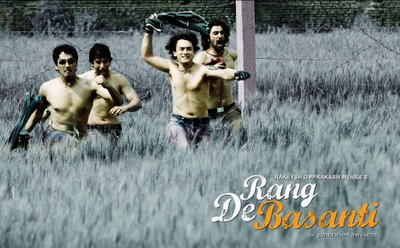


Where is there proof of a soul. I have yet to come across anything that poinst to the existence of a soul. We are simple bundles of muscle, bone and sinew, woven together in an extravagantly complex biological machine. We are arrogant to believe we are anything more than what nature created us to be.


"The Cadillac Eldorado was the longest running American personal luxury car as it was the only one sold after the 1998 model year."Its main competitors included the Mark Series and the lower-priced Buick Riviera. The name, Eldorado was derived from the Spanish words "el dorado", the "gilded one", the name was given originally to the legendary chief or "cacique" of a S. American Indian tribe. Legend has it that his followers would sprinkle his body with gold dust on ceremonial occasions and he would wash it off again by diving into a lake. The name more frequently refers to a legendary city of fabulous riches, somewhere in S. America, that inspired many European expeditions, including one to the Orinoco by England's Sir Walter Raleigh.









NEW ZEALAND stakes its claim on the Maori name for a hill near Porangahau, Hawkes Bay, which is spelt with either 85 or 92 letters. Visitors climb the hill in four-wheel-drive vehicles. The Duke of Edinburgh Hotel invites them to buy a "Collectors' Longest Place Name Bottle of Hawkes Bay Chardonnay or Cab Merlot."
The hill used to be called Taumatawhakatangihangakoauauotamateaturipukaka pikimaunga horonukupokaiwhenuakitanatahu (85 letters). That's a combination of the words taumata (brow of a hill), whakatangihanga (music making), koauau (flute), o (of), tamatea (name of a famous chief), turi pukaka (bony knees), piki maunga (climbing a mountain), horo (slip), nuku (move), pokai whenua (widely travelled), ki (to), tana (his), tahu (beloved).
Hawkes Bay Tourism's Internet site says that Porangahau in New Zealand's South Island, "boasts the longest place name in the world: Tetaumatawhakatangihangakoauaotamateaurehaeaturipukapihimaungahoronukupokaiwhenuaakitanarahu, officially entered in the Guinness Book of Records." That stretches the name to 92 letters.
It says the name means "The place where Tamatea, the man with the big knees, who slid, climbed, and swallowed mountains, known as land eater, played his flute to his loved one."
After ascending the hill, Gavin Kingsley, of Christchurch, in New Zealand's South Island, photographed a roadsign showing the name. The translation, he says, is "The brow of the hill where Tamatea, with the bony knees, who slid and climbed mountains, the great traveller, sat and played on the flute to his beloved."
With a touch of cynicism, Gavin adds "Local history has it that the part about the knees and climbing mountains was added recently to make the name more interesting." Seeking on-the-spot information, we e-mailed Winton Hall, owner of Porangahau Lodge, who replied: "Yes, we do in fact have the Longest Place Name in the World at Porangahau. It is no joke. You can check it out in the Guinness Book of Records.
"At the moment there is no real commercial use of the name but this could change in the near future. In the past I have run 4-Wheel Drive Safaris up to the summit of the hill but it has been fairly inaccessible. There is however new access proposed and the local iwi [Maori tribe] may turn it into a commercial attraction."
 If there was an oil you could use for your daily cooking needs that helped protect you from heart disease, cancer, and other degenerative conditions, improved your digestion, strengthened your immune system, and helped you lose excess weight, would you be interested?
If there was an oil you could use for your daily cooking needs that helped protect you from heart disease, cancer, and other degenerative conditions, improved your digestion, strengthened your immune system, and helped you lose excess weight, would you be interested?Do Internet users prefer services that are consistent and predictable, like those offered by Yahoo, or are they more interested in Google’s wow factor?These two approaches define a pivotal front in the battle for online loyalty between the major players in the Internet search business.
OTHER INTERESTING FACTS:
"People who regard themselves as highly efficacious act, think, and feel differently from those who perceive themselves as inefficacious. They produce their own future, rather than simply foretell it." -Albert Bandura
May the people of Lebonon have strength to overcome the crisis, world prays for you ...
Also visit Lebanese Political Journal - http://lebop.blogspot.com
Content Credits - Nathalie.Minds worked, times set, hearts kept aside
Lives used, fright set, familes tore apart
Bombay once, Mumbai since, people suffer
Are we there, will be shared, all thats' fair
Helping hands, opted pain, will survive
Back to normal, we all choose, shall they learn
Spirit alive, who can dare, they can only scare
Only threat, reckless kings, kick them out



